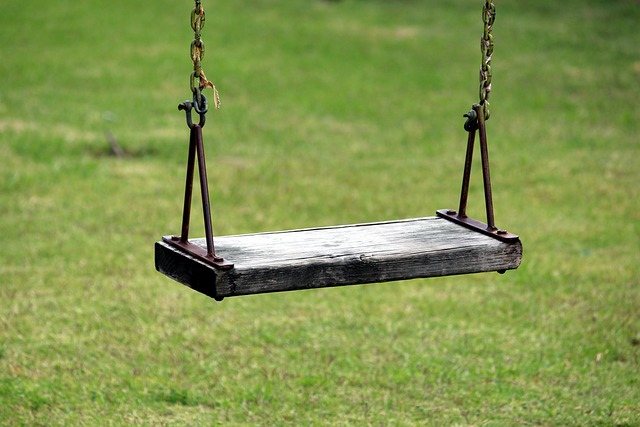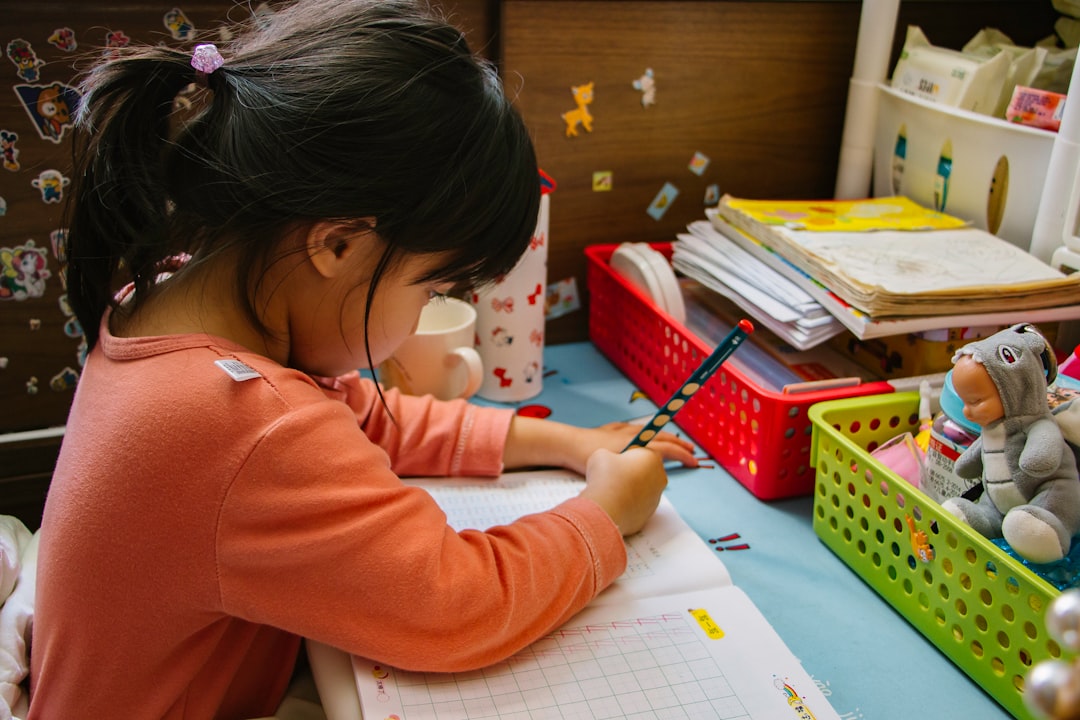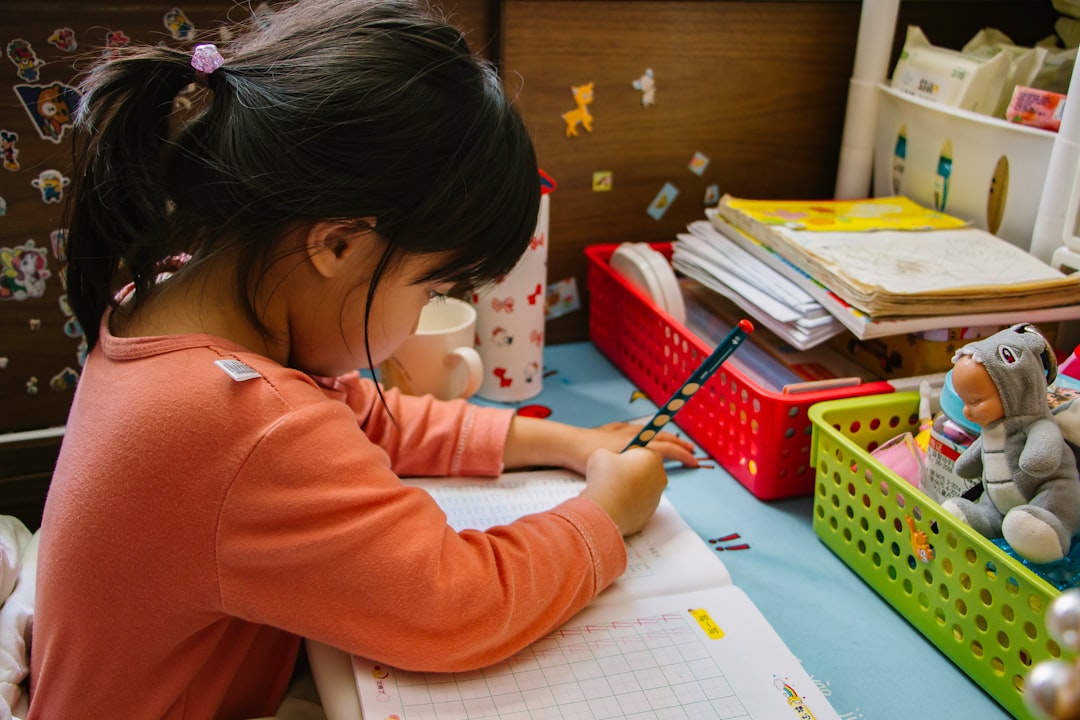Knowing your child's rights in Colorado daycare settings is crucial for every parent. The state has robust laws protecting children from potential abuse and neglect, with specific staff-to-child ratios and stringent employee screening mandated by the Department of Human Services. Recognize red flags like unexplained injuries or behavioral changes, and address them promptly with the help of a daycare abuse law firm in Colorado. Educate your child about their rights using age-appropriate language and activities. If you suspect neglect or abuse, gather evidence and contact local authorities through child abuse hotlines, with the support of a daycare abuse law firm in Colorado to file official complaints.
As a parent, ensuring your child’s safety and well-being in daycare is paramount. This comprehensive guide delves into understanding your child’s rights in the childcare setting, exploring Colorado’s legal framework regarding daycare abuse. Learn to recognize red flags and harmful behaviors, discover effective communication strategies to discuss rights with kids, and take proactive steps to report and address any daycare issues. Arm yourself with knowledge – because your child’s safety is non-negotiable. Trust a reputable daycare abuse law firm in Colorado for expert guidance.
Understanding Your Child's Rights in Daycare: A Parent's Guide

Knowing your child’s rights in daycare is crucial for every parent. In Colorado, the law protects children from potential abuse and neglect, ensuring their safety while under the care of others. A daycare abuse law firm in Colorado can offer valuable insights into these rights, helping parents recognize any red flags and take appropriate action.
As a parent, you have the right to expect certain standards from the daycare center. This includes secure facilities, well-trained staff, and a nurturing environment that promotes your child’s physical, emotional, and cognitive development. Familiarize yourself with state regulations regarding childcare to ensure your child’s daycare meets these standards. By understanding their rights, parents can actively participate in their child’s care, ask relevant questions, and take swift action if any issues arise.
The Legal Framework: Colorado Daycare Abuse Laws Explained

In Colorado, the legal framework regarding childcare and child safety is strictly enforced through various laws and regulations. The state has robust protections in place to safeguard children in daycare settings, ensuring their rights are upheld and any potential abuse or neglect is addressed promptly. These laws are designed to hold daycare centers, staff, and caregivers accountable for providing a secure and nurturing environment.
A key aspect of Colorado’s daycare abuse law firm regulations is the requirement for licensed care facilities to adhere to strict standards set by the Department of Human Services. These include guidelines on staff-to-child ratios, employee screening, training, and reporting procedures. Any violations or suspected instances of abuse can lead to legal consequences, including facility closure. Parents are encouraged to familiarize themselves with these laws to better understand their rights and the responsibilities of those caring for their children.
Recognizing Potential Red Flags and Harmful Behaviors

Recognizing potential red flags and harmful behaviors is crucial for any parent considering or enrolled in a daycare center. While daycares are designed to provide a safe, nurturing environment for children, it’s essential to be vigilant. Look out for signs of physical abuse, such as unexplained bruises, cuts, or welts, which could indicate harsh discipline methods. Additionally, behavioral changes like sudden aggression, withdrawal, or extreme anxiety might suggest emotional abuse or a toxic environment.
A daycare abuse law firm in Colorado highlights that it’s not just visible injuries that matter; non-physical signs like neglect—unmet basic needs like proper nutrition, clean clothing, or adequate rest—can also be indicative of issues. If your child starts exhibiting these changes, it might be time to investigate further and consider reaching out to professionals who can help ensure their well-being in a daycare setting.
Effective Communication Strategies to Discuss Rights with Kids

Talking to your child about their rights in daycare can seem daunting, but with the right communication strategies, it’s a valuable and empowering conversation. Start by using simple, age-appropriate language that they can understand easily. For instance, instead of complex legal terms, explain concepts like “right to feel safe” or “permission needed for touch.” This approach ensures they grasp their rights without overwhelming them.
Encourage open dialogue and create a safe space for questions. Be honest and direct but also reassuring. You might say, “In our family, we always ask before we borrow something, right? Well, at daycare too, they have things that belong to them, and it’s important to ask if we can play with or touch something.” This sets a foundation of respect for others’ belongings and boundaries, while also establishing their own. Consider involving age-appropriate activities like role-playing scenarios to make the learning process fun and interactive, especially when discussing sensitive topics related to daycare abuse law firm Colorado.
Taking Action: Steps to Report and Address Daycare Issues

If you suspect any form of neglect or abuse in a daycare setting, taking action is crucial. The first step is to gather evidence—take notes, take photos (if safe and legal), and collect any relevant documentation. Next, contact local authorities immediately; most states have hotlines for reporting child abuse, and law enforcement or social services can investigate the matter promptly.
In Colorado, a daycare abuse law firm can guide parents through this process, ensuring their rights are protected. They can help file official complaints with the state licensing board, which oversees daycare facilities. This step may lead to an inspection of the daycare, closure if violations are severe, or other penalties designed to protect children and deter future abuse. Remember, reporting such incidents is a vital step in fostering safer environments for children.




